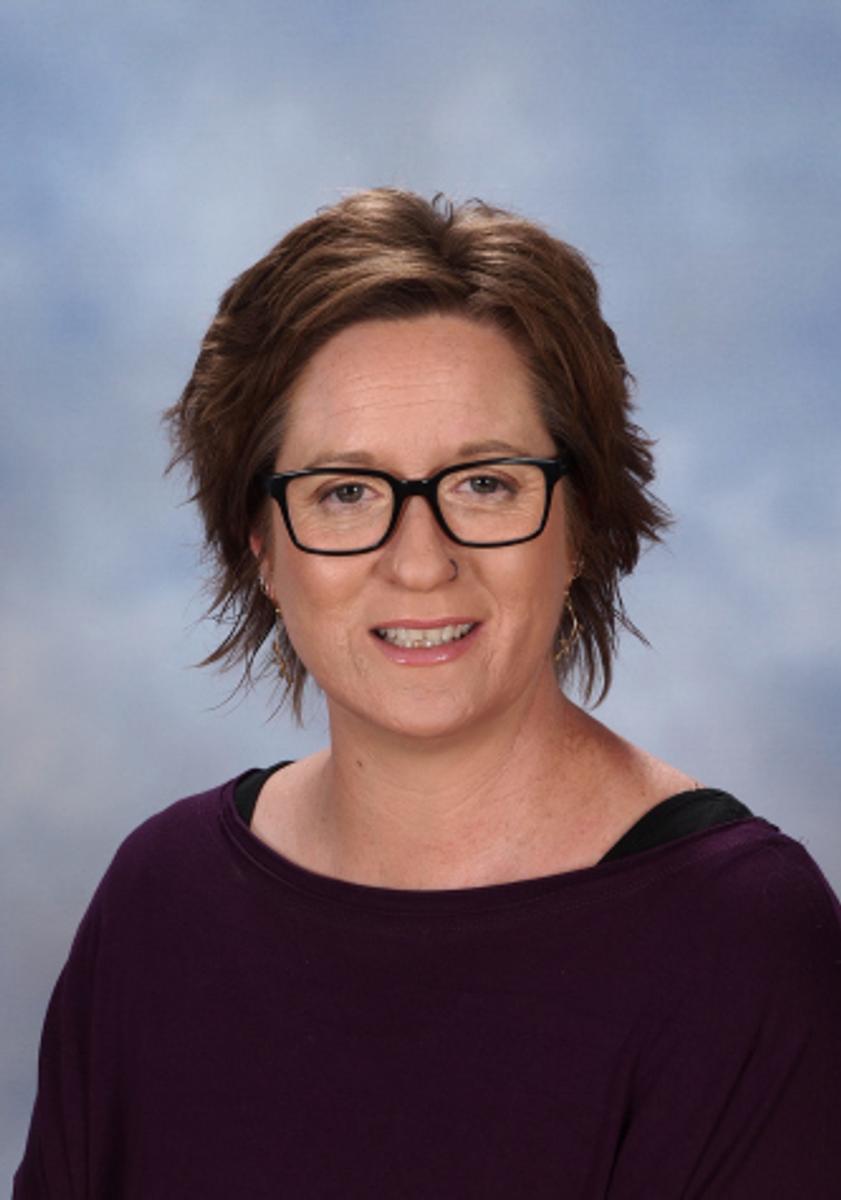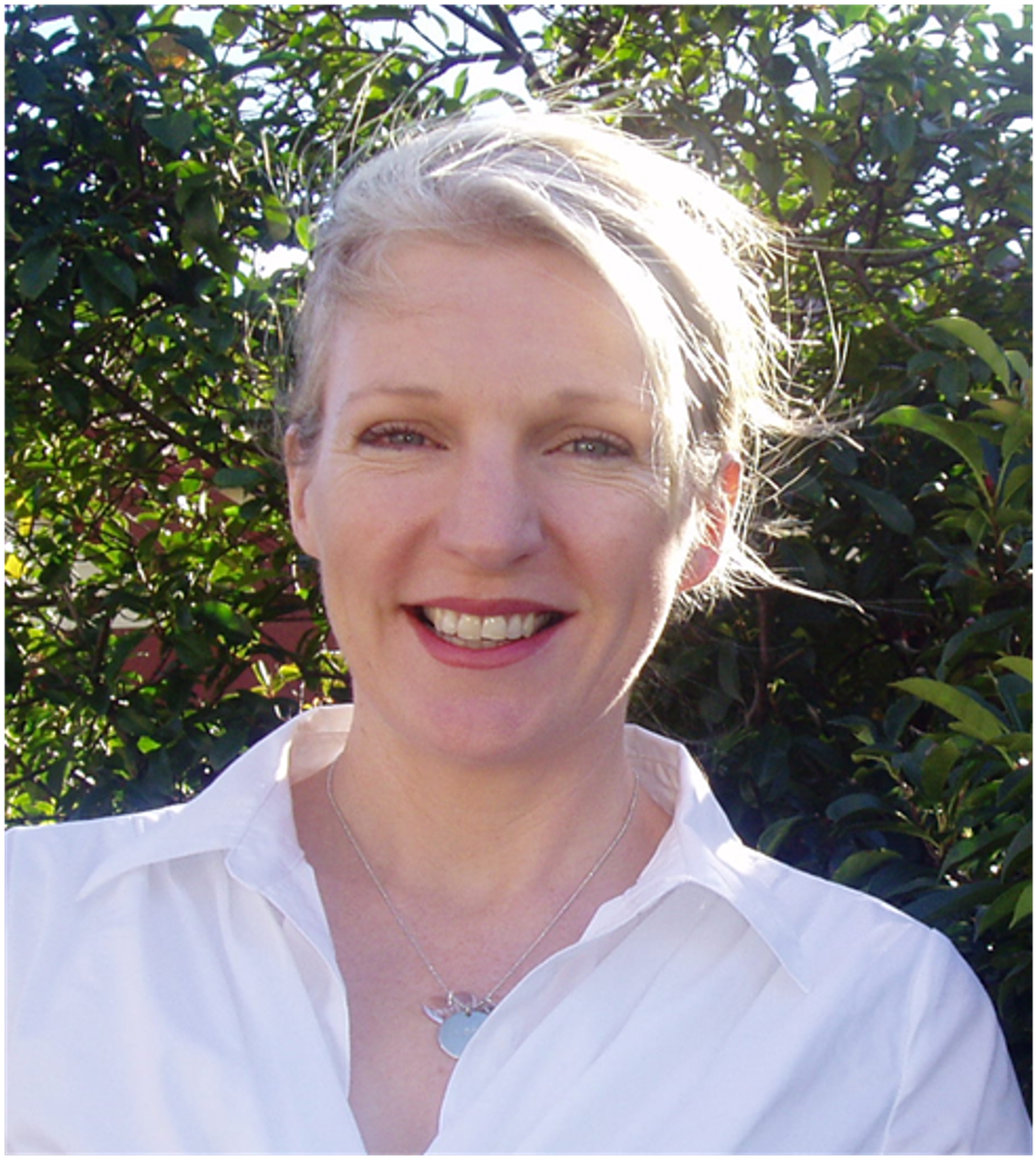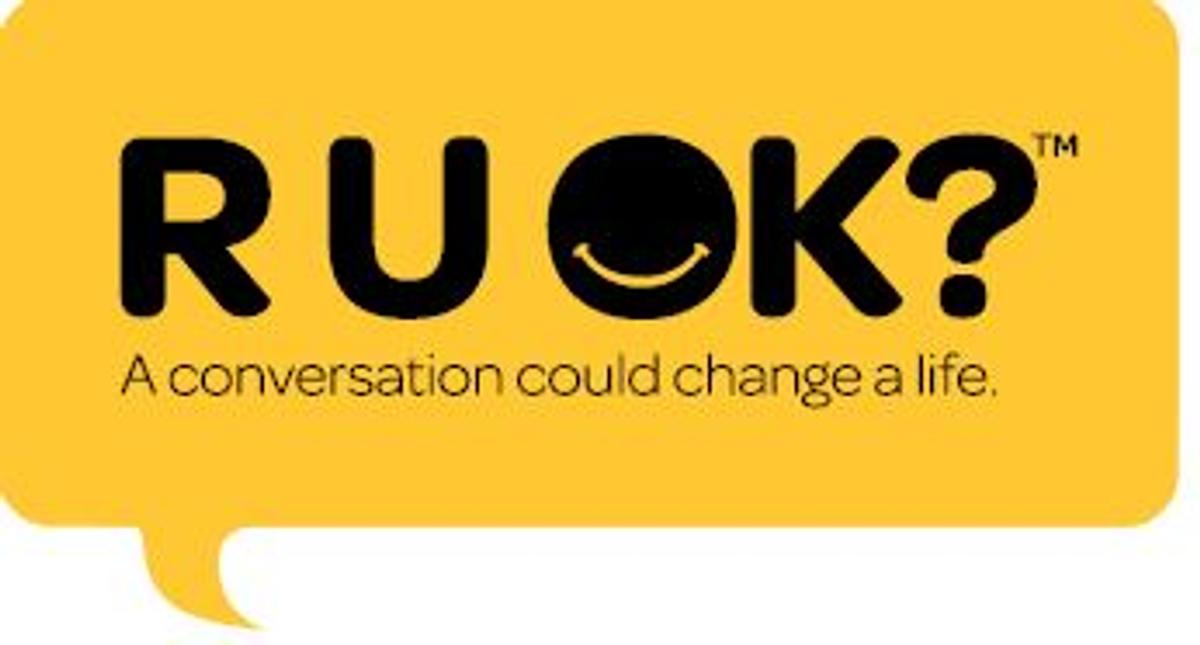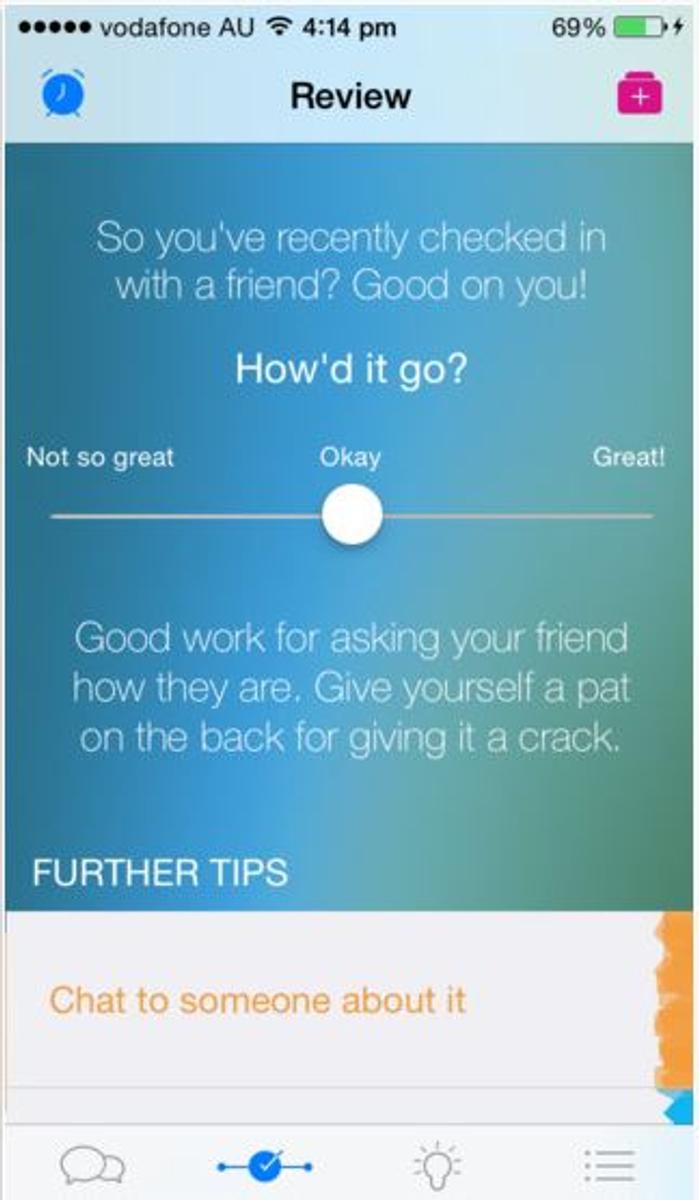Wellbeing

Wellbeing Team Members:
Melissa Laragy-Walker (Guidance Counsellor–Etty Campus)
Shera Blaise (Guidance Counsellor-Blakeley Campus)
Kath Coff (Student Engagement Coordinator)
Alli McMillan (School Nurse) (Tuesdays and Wednesdays)
Wellbeing Article: RU OK? Day
R U OK?Day is a national day of action dedicated to encouraging all Australians to ask family, friends and colleagues ‘Are you OK?‘ The day is held on the second Thursday of September (8th September in 2016).
R U OK?Day is designed to target the whole population, to help all people understand the role they can play in supporting those grappling with a problem, big or small. Most people don’t openly share their feelings, particularly if they are struggling. The best thing we can all do is regularly talk to the people we care about.
It is natural for people who are feeling anxious or overwhelmed to also feel isolated and lonely. As well as assisting people to see they are not alone, encouraging people to check on family, friends and colleagues has many benefits.
Discussing a problem out loud can help them feel less overwhelmed. Asking for another person’s perspective about a problem can also help identify potential solutions. It’s ok to say “I’m not ok” and it’s ok to ask for help.
The following 4 step process is recommended:-
1 Ask R U OK? - start a general conversation, preferably somewhere private.
Ask open ended questions -
‘What’s been happening? How are you going?’
‘I’ve noticed that...What’s going on for you at the moment?’
‘You don’t seem like yourself and I’m wondering are you OK?’
2 Listen without judgement - guide the conversation with caring questions and give them time to reply - ‘How has that made you feel? How long have you felt this way? Have you talked to anyone about this?’
Don’t rush to solve problems for them.
Help them understand that solutions are available when they are ready to start exploring these.
3 Encourage action - summarise the issues and ask them what they plan to do - ‘What do you think might help your situation?’
Encourage them to take one step, such as see their doctor.
4 Follow up - Put a note on your fridge to touch base or call them in one week. Ask if they’ve managed to take that first step and see someone. If they didn’t find this experience helpful, urge them to try a different professional because there is someone out there who can help them.
Dealing with denial? If they deny the problem, don’t criticise them. Acknowledge they’re not ready to talk. ‘I understand that you don’t want to talk about it but call me when you’re ready to discuss it.’
Say that you are still concerned about changes in their behaviour and you care about them. Ask if you can enquire again next week if there’s no improvement.
App of the Month: The check – in app (developed by Youth Beyond Blue)
Who’s it for?
Anyone who wants to check in with a friend but is concerned about saying the wrong thing or making the situation worse.
How’s it work?
The app takes you through four steps, super easy and super quick, getting you to think about where you might check in, what you might say and how might you support your friend. There is also a section showing you things to consider, such as what if my friend denies there is a problem or what if I say something silly.
After you have had your conversation you can go back into the app and rate how it went. The app will then give you advice on the next steps.
There’s also links to where you can get support and tips from young people.
Where do you get it?
It’s free to download from Google Play and the Apple App Store.






